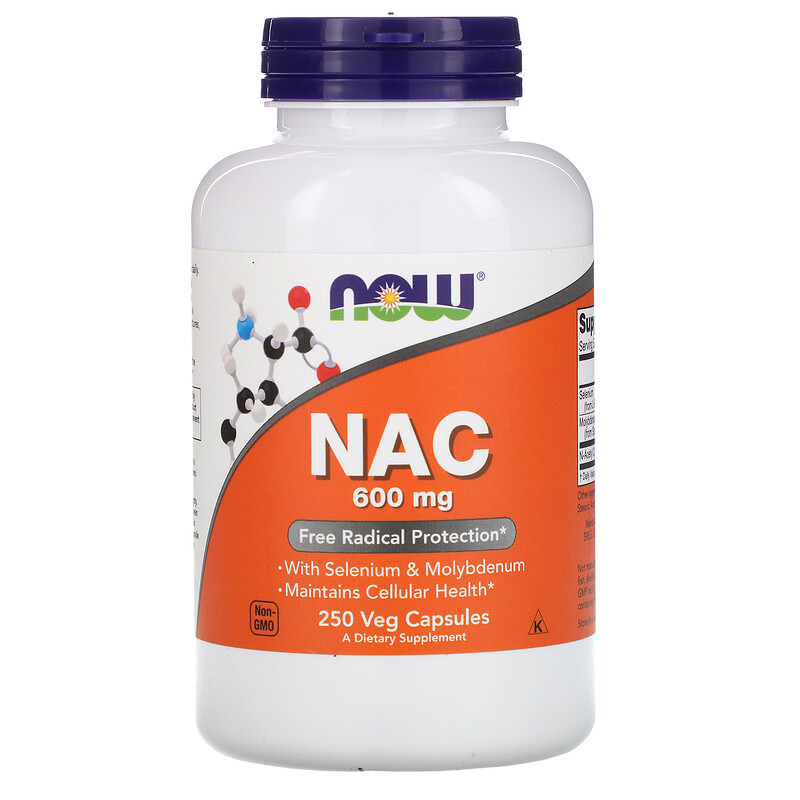N-Acetyl-L-Cysteine (NAC) is a popular dietary supplement that has been used for various health benefits. But is it really a stimulant? This is a question many people are asking.
NAC is a form of an amino acid known as cysteine and is available in pill, capsule, and powder forms. It is believed to have antioxidant and anti-inflammatory effects, as well as other health benefits. Some people also believe that it can act as a stimulant and help with mental clarity and focus. But is it really a stimulant? In this article, we’ll explore the potential benefits and risks of NAC as a stimulant. We’ll look at the available research, the side effects, and the potential uses of NAC as a stimulant. Finally, we’ll provide some tips on how to use it safely and effectively.
NAC (N-acetylcysteine) is considered a supplement, not a stimulant. It is an amino acid that is naturally produced in the body, but can also be taken as a supplement to support overall health. Taking NAC can help the body produce more glutathione, an important antioxidant that helps protect the body and maintain healthy cells. It may also help reduce inflammation, support brain health, and detoxify the body.

Contents
Is NAC a Stimulant?
N-acetylcysteine (NAC) is an amino acid supplement that has a wide range of potential health benefits, including reducing inflammation and helping to protect against oxidative stress. It is also believed to have some stimulant properties, leading some to wonder if it is a stimulant.
NAC is not considered a stimulant in the traditional sense, as it does not have the same effect on the body as stimulants like caffeine or amphetamines. However, NAC has been found to have some stimulant-like properties, such as increased alertness and improved cognitive performance.
How NAC Works
NAC is a sulfur-containing amino acid that acts as an antioxidant and helps to detoxify the body. It also plays a role in the production of glutathione, an important antioxidant that helps to protect cells from damage. NAC has a number of other potential health benefits, such as reducing inflammation and helping to protect against oxidative stress.
NAC is believed to have some stimulant-like properties, though the exact mechanism of action is not fully understood. It is believed that NAC increases alertness and cognitive performance by increasing the availability of certain neurotransmitters, such as dopamine and serotonin. It is also believed to have some antioxidant properties, which may help to protect the brain from damage.
Side Effects of NAC
NAC is generally considered safe and well-tolerated, but there are some potential side effects that should be considered. The most common side effects include nausea, vomiting, and diarrhea. In rare cases, it can also cause headaches, dizziness, and fatigue. It is important to talk to your doctor before taking NAC if you have any pre-existing medical conditions or allergies.
It is also important to note that NAC can interact with certain medications, including blood thinners, blood pressure medications, and antidepressants. It is important to talk to your doctor before taking NAC if you are taking any medications.
Conclusion
NAC is an amino acid supplement with a wide range of potential health benefits, including reducing inflammation and helping to protect against oxidative stress. While it is not a traditional stimulant, it has been found to have some stimulant-like properties, such as increased alertness and improved cognitive performance. NAC is generally considered safe and well-tolerated, but it can interact with certain medications and cause side effects. It is important to talk to your doctor before taking NAC to ensure it is safe for you.
Frequently Asked Questions
NAC is a form of the amino acid L-Cysteine and is used as a dietary supplement to help protect against oxidative stress and to support healthy cognitive and respiratory functions.
Is NAC a Stimulant?
No, NAC is not a stimulant. NAC is a form of the amino acid L-Cysteine, and is used as a dietary supplement to support healthy cognitive and respiratory functions. It does not have any stimulant effects, but instead it helps to protect against oxidative stress and can support healthy liver and kidney function.
NAC has been studied for a variety of health benefits, including its potential benefits for airway health and its potential to help support healthy liver and kidney function. It has also been studied for its antioxidant and anti-inflammatory properties, which may help to reduce oxidative stress in the body. NAC may also help to reduce the risk of certain cancers and support healthy immune system function.
Is N-Acetyl L-Cysteine (NAC) An Addiction Remedy?
In conclusion, it is clear that NAC is not a stimulant, but it does have a wide range of health benefits. NAC is an amino acid that helps to produce and balance glutathione, which is a powerful antioxidant that helps protect the body from oxidative stress. NAC has also been shown to help with mental health issues such as anxiety and depression, as well as provide neuroprotection and reduce inflammation. Additionally, NAC has been linked to a number of other health benefits, such as improved liver health, better cognitive performance, and increased fertility. Therefore, if you are looking for an alternative to stimulants, NAC might be worth considering.
